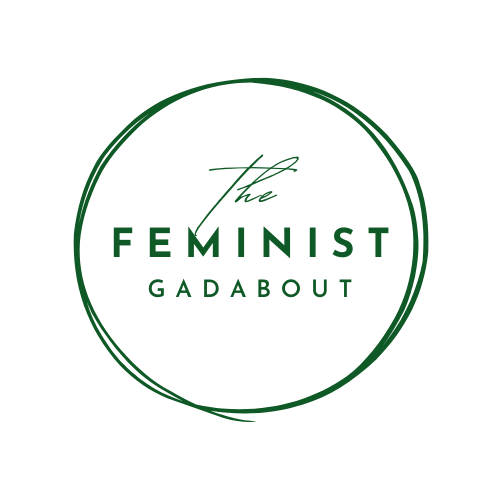
International authors share their thoughts on the global pandemic
Surely few publishers have the history and roster of Penguin. Founded by Sir Allen Lane in 1935, it has weathered its share of storms to become a ubiquitous brand, found on bookshelves across the globe, and with an impressive collection of authors under its wing. It was with some excitement that I read of the launch of their Perspectives series: leading authors responding to life in the age of coronavirus.
What has followed is a diverse selection of essays by authors including Jung Chang, Nick Hornby, Malorie Blackman, and Philip Pullman. They offer a rare glimpse into the lives and ideas of these famous authors, each revealing something of their own politics, perspectives and preferences. Sadly what unites many of them is an inability to move beyond simple platitudes. Hopes for a changed world, expressed with varying (justifiable) degrees of anger, spins on the positive opportunities for personal growth the crisis offers, words of gratitude for those in dangerous occupations. The ultimate effect of so much similarity is actually comfort: these are supposedly some of the greatest living authors, and even they are struggling to articulate eloquent responses to the catastrophe we have been faced with.
I don’t want great authors to be sharing the same lines and sentiments I can see a dime a dozen on Twitter
Strangely the old adage ‘write what you know’ seems to apply even to these hallowed authors. It is those who share something of their own lives and emotions who are most successful. From Jung Chang’s fear of being unable to visit her mother in China, to Michael Morpugo’s sorrowful reflection on the demise of his charity, which gives inner-city children the chance to visit a farm and connect with nature, it is the these more personal accounts that moved me the most. Because, to borrow another phrase, the personal is political. I don’t want great authors to be sharing the same lines and sentiments I can see a dime a dozen on Twitter, I want something more, something more reflective and less responsive.
One could argue that these essays reveal the privilege of wealth and security that these authors have attained. Many of them seem relatively unimpacted by the pandemic, and largely insulated against the plights of the working class people being sent out unprotected onto the front-lines of this crisis. In which case it is only right that those with a degree of social awareness, such as Malorie Blackman, use their slot to shine a light on these inequalities. Her essay is a necessary, desperate plea for a better world, for the creation of a ‘new normal’. I stand with her in this hope.
I want authors to draw me in, to surprise me with the heart of the matter
But I think what I am struggling to articulate here is that, somehow, these essays don’t fulfill the purpose I have set aside in my life for literature. They are too direct and obvious an examination of our world. I want authors to draw me in, to surprise me with the heart of the matter. To use the personal to reveal the political. To offer unique perspectives. One of the non-fiction authors, Lewis Dartnell, takes a deeply pragmatic approach, using his article to almost exclusively plug his own book. Something others largely refrain from, if maybe only on account of already have ‘made it’. Nick Hornby offers us a piece deeply rooted in his own skewed political perspective (centrist dad anyone?), and yet claiming to have some sort of universal insight. If anything it has put me off seeking any more of his writing.
Authors should not feel the pressure to be universal
So in spite of any privilege that might be revealed, it is the more personal responses that interest me most. Authors should not feel the pressure to be universal; their lives are inherently removed from the lived experiences of many people going through this pandemic. What I want is their uniqueness, their voice, their understanding. By sharing what is specific to them, they can encourage an honesty, openness and empathy that is of benefit to us all. Tell us their stories, and they can help us better understand and come to terms with our own.
What do you think of the Perspectives series? Which has been your favourite so far? I’d love to hear your thoughts in the comments!
